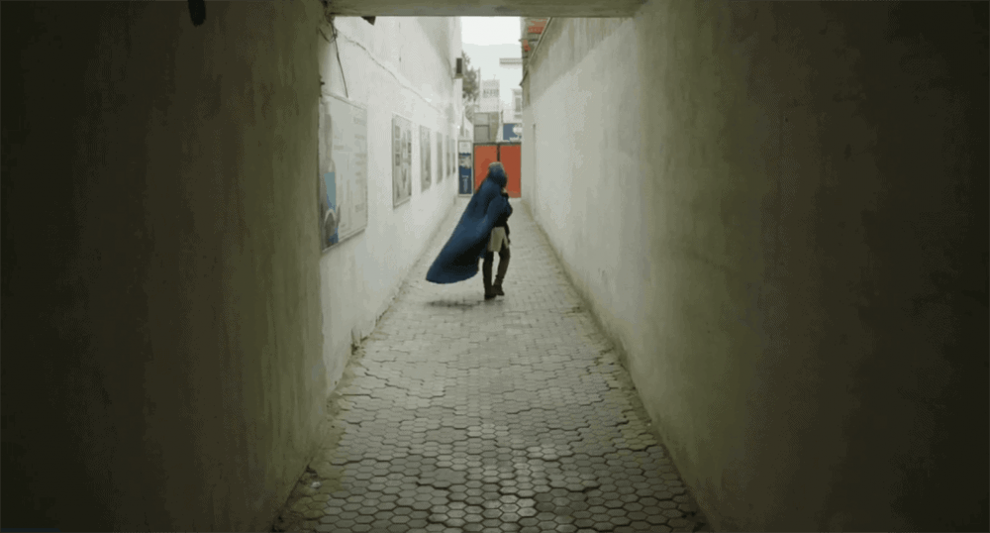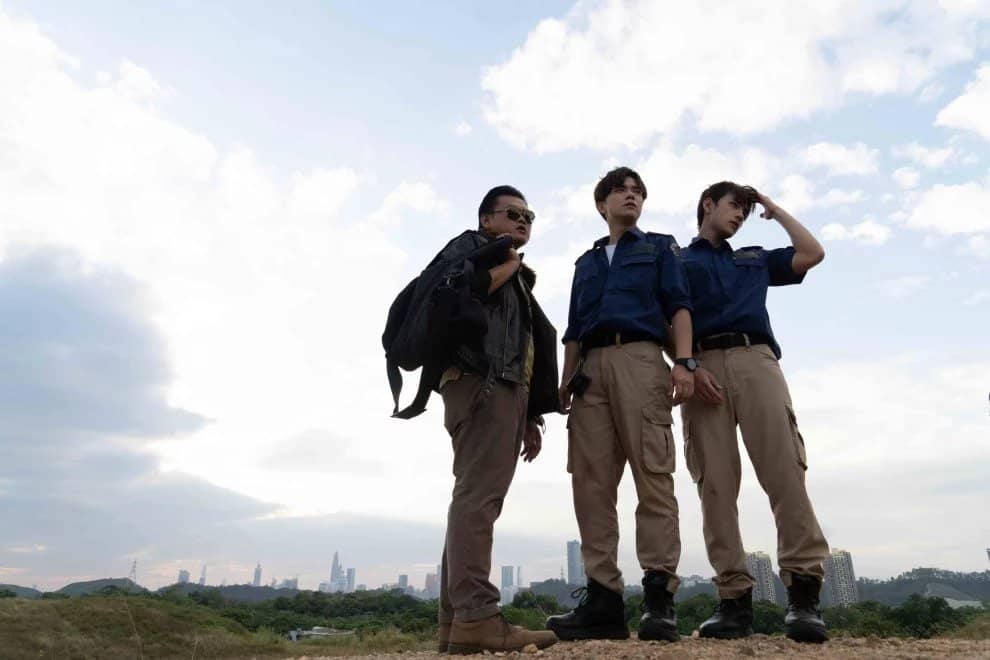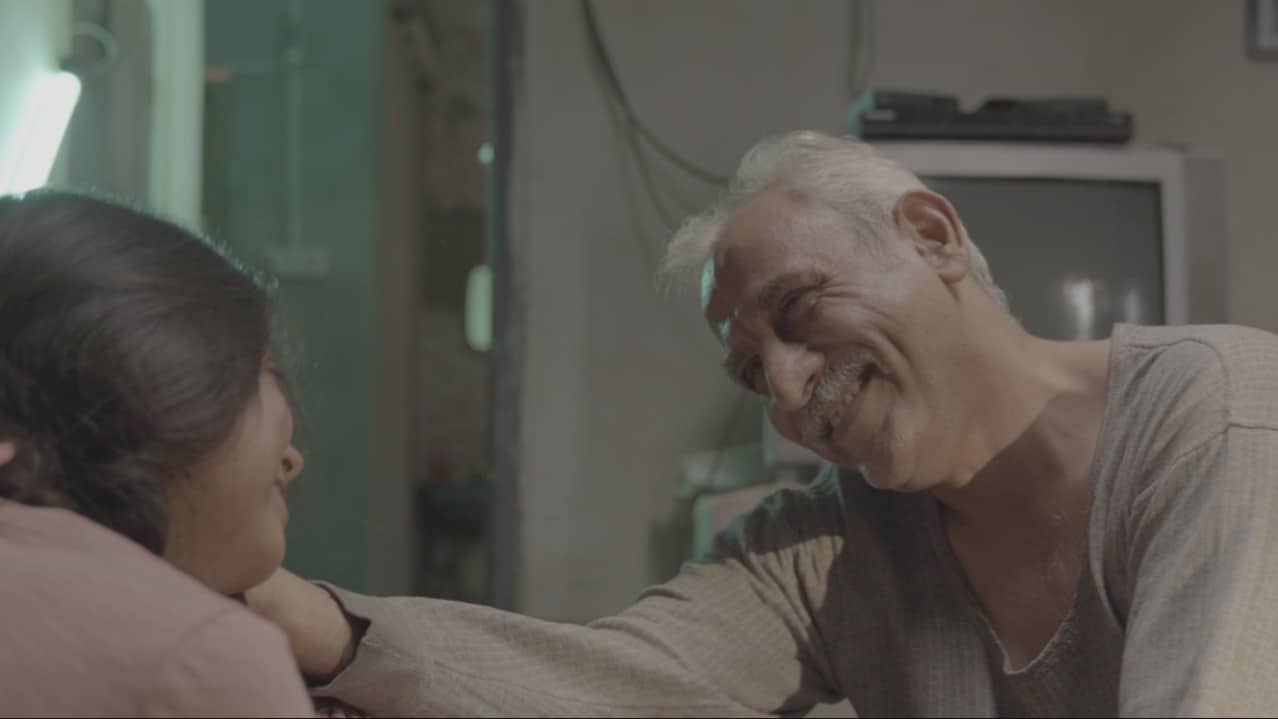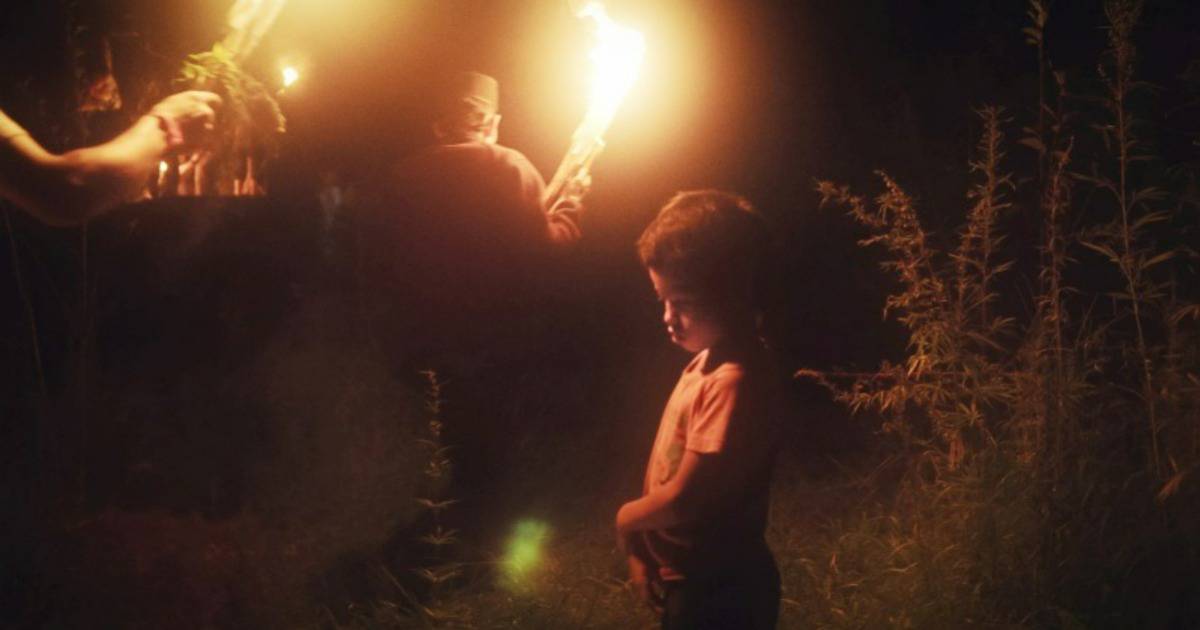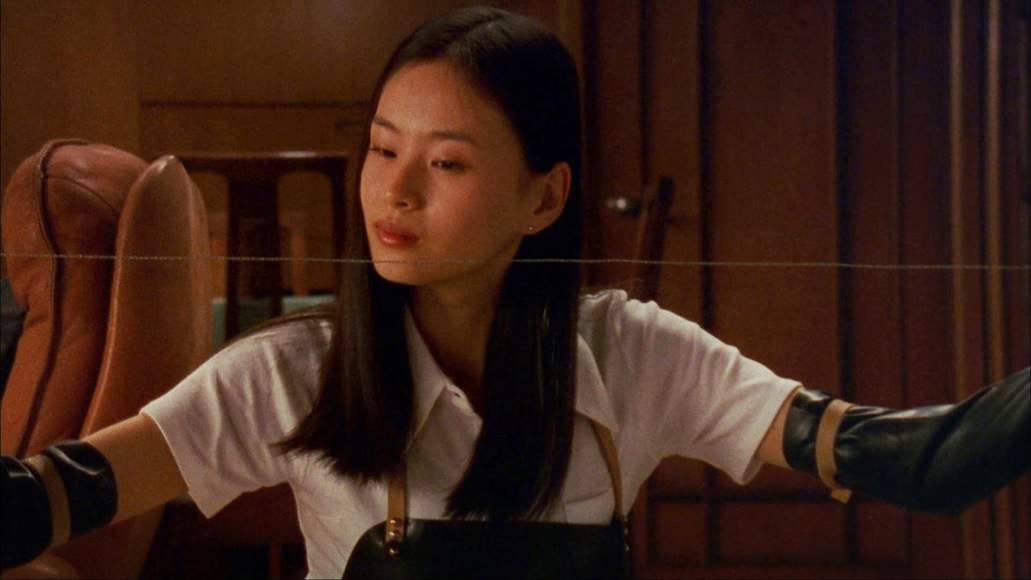Documentary director Sahraa Karimi held the world premiere of her narrative debut “Hava, Maryam, Ayesha” at the 2019 Venice Film Festival in the Orizzonti section in September and that was just the beginning of a stream of well deserved achievements. The film is in fact Karimi's labor of love, a project to empower Afghan women. Karimi, who was recently appointed head of the state-run Afghan Film Organization has not only directed the film, but also co-written it and co-produced it with Iranian female producer and sales agent Katayoon Shahabi from Noori. A good commercial success in Afghanistan, “Hava, Maryam, Ayesha” was chosen in September as the national entry for the international feature film award at the 92nd Academy Awards.
“Hava, Maryam, Ayesha” is screening at
Festival des Cinémas d'Asie de Vesoul
The film's focus is on the stories of three very different women in Kabul who only brush past each other but share a common struggle. The first episode is a glimpse in the everyday life of Hava (Arezo Ariapoor) a housewife in a traditional family. She is heavily pregnant but there is no rest for Hava who is home-bound, caring for her elderly in-laws and doing everything for her lazy and absent husband. Her mother-in-law is in a semi-vegetative state and needs constant attentions and the father-in-law, despite the good health, is demanding and capricious. Poor Hava puffs and pants moving around the house in her state and her husband, not surprisingly – is not very different from his own father. He is away all day and in the evening comes back with guests that Hava is obliged to serve without joining them, and late at night she washes the dishes outside in the winter cold. She is treated as a servant and her only happy moments are when she talks to her unborn baby in brief and sweet monologues; but when she feels the baby has stopped moving and the husband refuses to take her to hospital, panic and anger set in.
In a smooth transition, the film starts then to follow Maeyam (Fereshta Afshar), the news anchor of a TV station that Hava was watching. Maeyam is a beautiful, modern and independent woman, she is not afraid to talk to men with an equal tone and as we understand from a dialogue with her boss, she is proud and not easily manipulated. After work she heads home; her apartment is elegant, spacious and decorated with extremely good taste, but it is empty. She wanders around the house in anguish. From the many telephone conversations we understand she has left Farid – her husband of 7 years – after the umpteenth betrayal, we hear he was unfaithful for the whole time and now Maeyam has just discovered she is pregnant; an occurrence that she would have loved in other times, but not now, and this is not going in any way to make her change her mind.
The third episode tells the story of Ayesha (Hasiba Ebrahimi), the eldest daughter of Hava's neighbour. Her mum was early widowed by a suicide bomber and has been struggling to give her five children a decent future. Ayesha is a modern young woman and was dreaming of marring for love and not for family arrangement (like her mum) but an unexpected event has shuttered her dreams. Her boyfriend has suddenly left her when he learned Ayesha got pregnant. Now the girl has no other options than to marry her cousin Suleiman to disguise her non-virgin status and get an illegal abortion. Her friend Marzieh is the only one who knows and is willing to help.
The three women and their stories are very distinct from one another but they have common elements. The most obvious and evident fil rouge of the three narrations is the pregnancy of the women. However, at a closer look, none of the stories is just about maternity. These tales are about the frustration of not being heard and respected, the exasperation of not having a voice, not having a say. Hava, Maryam and Ayesha's dreams have been trampled over, their dignity disregarded, their desires ignored. They have no power to influence or make a decision about anything, even Maeyam, who seems to be the most emancipated of the three, had to make her decisions as a consequence of the husband's behaviour.
The pregnancies – regardless if they will end or carry on – have here more a symbolic meaning of future, of a projection to the future ahead of the protagonists and the Afghan women in general. Will Hava's child and the next generations follow the same destiny of their parents? Will Maeyam single parenting be possible? Will Ayesha manage to hold control over her future in the same way she did with her body? Another prominent element in all the three stories seems to be … yes, the mobile phone! Not really a symbol of modernity or mundanity but a metaphor of the distance – physical and mental – between these women and their partners. Cellphones are a MacGuffin to highlight the men's distant behaviour and the fact that – in a way or another – they are not part anymore of the three women's lives.
“Hava, Maryam, Ayesha” is a painful watch; the beauty of the images and the pleasant photography catching the winter in Kabul are just a sweet trap to hook the audience and make it witness the harsh life of these three women as a symbol of the larges community of Afghan women. It has to be said that not all the men featured in the film are bad or abusive. The film is populated also by gentle males, like Akbar, the neighbour boy who helps Hava with extreme kindness and also Suleiman – Ayesha's arranged husband – is a kind and loving boy, his gesture of stopping her washing up in the cold is a mirror image of the nasty treatment Hava gets from her husband; even though the boy's kindness is of no help to Ayesha, if not just a reminder of her shuttered dreams. However, these positive examples of young masculinity constitute a ray of hope in the otherwise gloomy stories of “Hava, Maryam, Ayesha”. The hope that films like this one will reach and influence a younger and more receptive generation of Afghan men and women.
The three actresses are indeed the core of each episode and they own them in full. Arezo Ariapoor is Hava; her performance is mostly physical, portraying the woman with less “voice” of the three but her act creates an aura that makes her stand out in her hostile environment and feel assertive. Fereshta Afshar as Maryam is intense and passionate; her episode resembles a theatre piece, almost a monologue that she performs beautifully. Finally, Hasiba Ebrahimi is Ayesha; on her face the infinite nuances of a modern girl trapped in an ancient world.
A cross-section of three very different social identities, “Hava, Maryam, Ayesha” is a necessary film and despite the intrinsic locality, its message has a strong global resonance. The last scene hinting at a craving for self-determination is composedly powerful.


